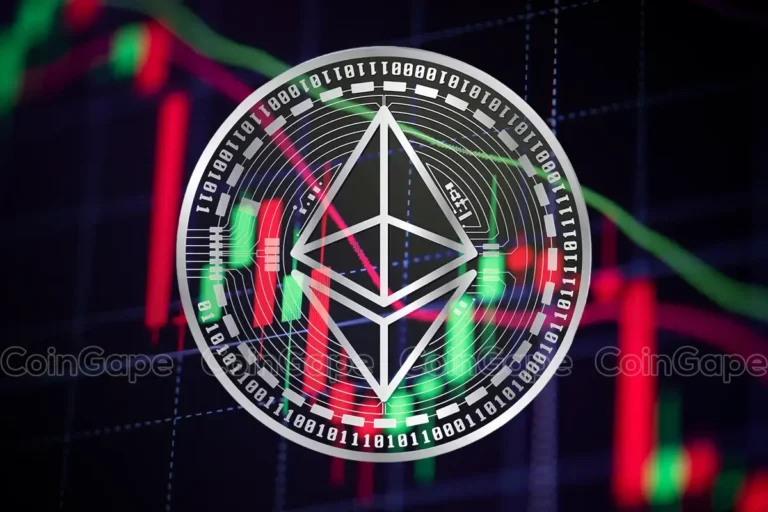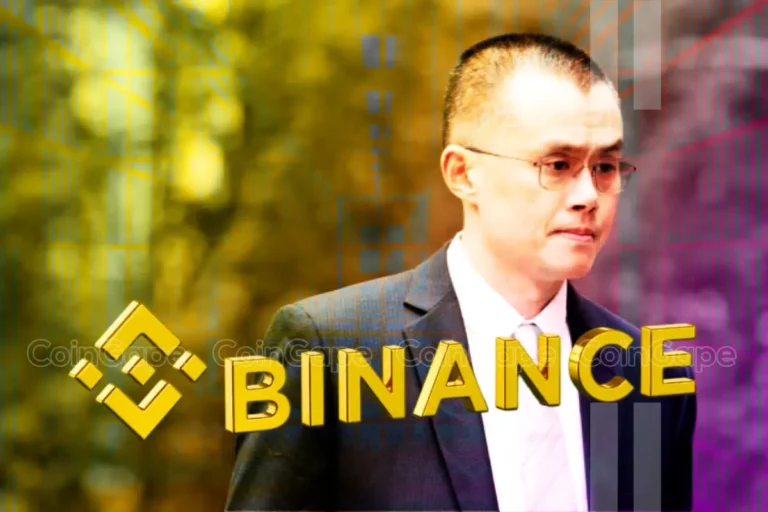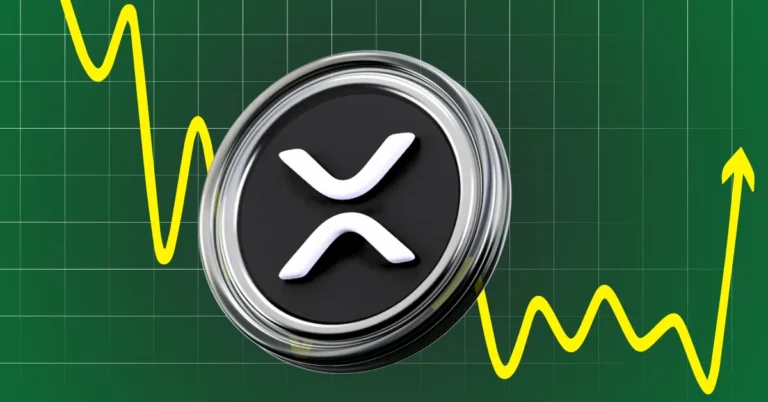A Beginners Guide to Bitcoin Smart Contracts

- A smart contract is a digital agreement that is automatically executed and based on predefined criteria.
- In 1944 Nick Szabo coined the term ” smart contracts” when describing the framework.
A smart contract is a program that is automatically executed after specific requirements are met, it is an automated agreement between the recipient and the contract creator without the need for a third party.
When establishing a contract between the parties, both of them pledge to uphold legal duties in the agreement, the contracts are immutable as well as irreversible. Smart contracts simply make it easy for anyone engaging in commerce and deals.
These smart contracts are more technical than they seem, they are written in code and baked onto the blockchain. Smart contracts mostly follow the “if-then” protocol, which makes them, in essence, quite simple to program. For example, a smart contract might specify that Bitcoin (BTC)should be automatically sent from one user to another after a certain time delay.
What is a Bitcoin Smart Contract
The definition of a smart contract doesn’t change depending on the blockchain in the discussion, whether the XRPL, Bitcoin blockchain, Ethereum blockchain, or the Solana blockchain. The smart contract is a software code stored and then executed across all nodes in the Bitcoin (BSV) Blockchain network. The Bitcoin (BSV) Blockchain network stores and replicates the agreement giving it security and immutability.
The creator of the contract defines the terms of the agreement, once the smart contract is placed on the Blockchain, and the locations code will be permanent.
The Bitcoin network supports a variety of smart contracts using its scripting language script. The programming language is used almost exclusively to lock and unlock Bitcoin, allowing users to establish criteria for their Bitcoin to be spent. A user must satisfy these criteria in order to spend the bitcoin locked to the script, all Bitcoin transactions are smart contracts.
Script has powered the Bitcoin network for over a decade, however, it is Turing complete.
Turing Complete: This means it does not allow any logical loops to be executed. Hence the language is not used to build applications or run programs. This feature displays script simplicity and offers Bitcoin firm security. This feature keeps the Bitcoin network safe from Denial of Service (DoS) attacks, which have plagued other cryptocurrency networks.
It is worth noting that Bitcoin contracts do not automatically execute but need a public key to trigger their completion. A public key is a cryptographic code used to facilitate transactions between parties.
Closing Thoughts
Blockchain networks already have functionality for features such as Non-Fungible Tokens (NFT) escrow and decentralized exchanges (DEX) but smart contracts are currently being developed.
Thoughtfully selecting your cryptocurrency, however, is no guarantee of success in such a volatile space. Sometimes, an issue in the deeply interconnected crypto industry can spill out and have broad implications on asset values.
For instance, in November of 2022, the market took a major hit as the cryptocurrency exchange FTX struggled to deal with liquidity issues amid a spike in withdrawals. The same led to a market crash.
It is difficult to recommend the conclusion of smart contracts to parties without warning them of all the shortcomings and legal loopholes that surround this legal tool in the crypto industry. However, we can conclude without a doubt that smart contracts are part of our future and that with the progress of blockchain technology, the sphere of their application will be larger and wider.

















+ There are no comments
Add yours